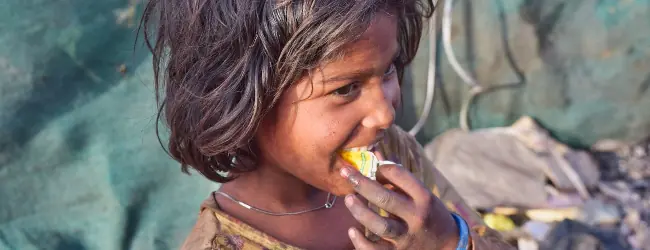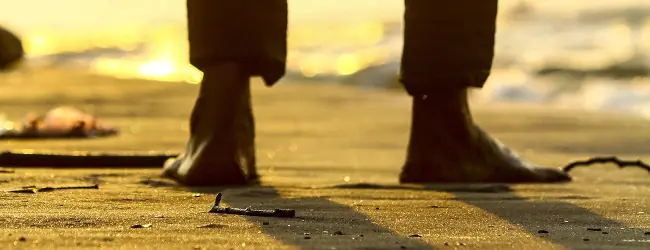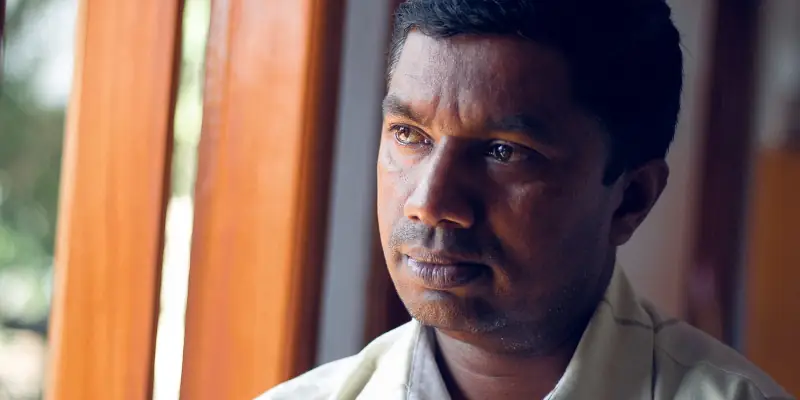Recently, I often felt like thinking about how to help others. Perhaps this is because I have had more relaxation and comfort in everyday life. Today, I will talk about how to find people to whom we can give our help.
How to find people to whom we can give our help
Sometimes, we feel like helping others with troubles. If someone is glad of our help, we have mental fulfillment because their gladness makes us happy, especially if we have empathic natures. In addition, we can feel our abundance by sharing something valuable. That makes us feel grateful for our rich talent or belongings.
We can say that it is a “giver’s happiness.” This is different from a “receiver’s happiness.” The giver’s happiness has more fulfillment that lasts for a long time, such as gratitude. On the other hand, the receiver’s happiness is more stimulating and ends in the short term, such as gladness or delight.

Perhaps if we have empathic natures, the giver’s happiness often overwhelms the receiver’s. Usually, we don’t want to make losses, but empathic people tend to be able to help weaker people because we can get great mental rewards. That may be why we can share our wealth with weaker people, even if we lose some surplus.
However, we sometimes realize it is hard because we don’t know who to help. That sometimes causes us to feel rewardless or helpless, even though we have done our best to make our surroundings happy.
In such a situation, the following wisdom might tell us to whom we can give our hands: avoiding helping people with no trouble.
People to avoid when we want to give help
The reason is simple. The more troubled they feel, the more they are thankful for our help. It is better to consider prioritizing who we give our hands to. In other words, stop trying to please everyone around us.
The world is wide. Many people wish for help sincerely. If we know that reality, we understand we don’t have enough resources to waste on people with no troubles.

If your surroundings blame you, you can declare, “I decided to help only those most in need.” That will give you the power to say “no” to them.
Avoiding those who still have hopes
Perhaps it is better to avoid people who still have hopes. They are trying their ways to change their future. It seems better to let them challenge their dreams on their own unless they ask us for help.
Sometimes it might look negative for us. They try various negative ways, such as struggling, lying, taking offense, arguing, lamenting, complaining, or depending. However, these are also one form of hope. After they understand that it is an inefficient way, they will learn and change their attitude. Perhaps it is better to believe in their trial and error.

Thus, the people we avoid contain the following:
- People who are not honest in their minds, including people in the middle of a struggle with their mental complexity or confusion
- People who lie
- People who offend or argue against others
- People who always lament for little unfortunate pieces of news that don’t relate to themselves
- People who only complain to others
- People who depend on us to solve all their troubles
They are in the learning process. Perhaps we are all trying in many ways without knowing what the right answer is.

We can help people with despair
The best people to help would be those in despair. They are usually quiet because they have no possibility. Perhaps you know this mental state if you have experienced such a state. When we despair, we have no choice but to follow the harsh reality quietly. We don’t have the energy to struggle, lie, argue, or complain. That is the “trouble.”
Although many people try to go into a place full of hope or abundance, the opposite could be a way if we want to help others.
A place of despair is quiet. There is no lie or conflict. No one cares for their unfortunates. They don’t even have the energy to cry. They are also too humble. If we ask them what they want, they will say, “I don’t need anything. Please give that kindness to other, more valuable people instead of me. That will make the world better.” That is a sad thing.

We can concentrate on those people. We might be able to help them directly or create some safety net to prevent them from falling into such a state. Mentally speaking, the religious sacred texts might have played a role in it. In the same way, we might be able to support them with just some hopeful words based on our experiences.
To be givers, we may have to be wise or honest with ourselves. That prevents mentally rewardless help. It requires another kind of wisdom than being a receiver. We have to see through their lies or pretends. If they succeed in gaining wealth with their lies, that would not be for their future.
Conclusion
That is why it is better to avoid helping people without trouble if we want to give our hands to others. That attitude will tell us who we should help.
This wisdom might help us find people to whom we can give help.
Thank you for reading this article. I hope to see you in the next one.


